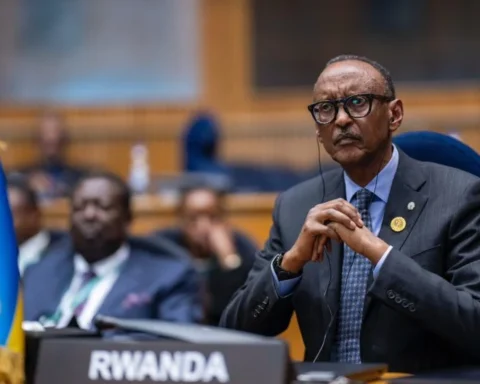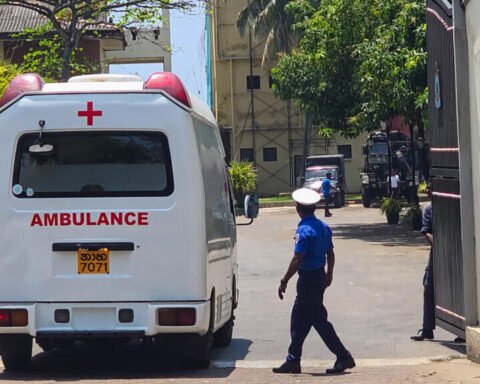As humanitarian emergencies unfold across parts of Africa, aid groups are warning of worsening conditions in Sudan, the Democratic Republic of the Congo, and Angola, where millions of people are grappling with violence, displacement, hunger, and disease—while international support lags dangerously behind the need.
In Sudan, the ongoing conflict between the country’s military and the Rapid Support Forces (RSF) has entered its second year, leaving a trail of devastation. An estimated 13 million people have been displaced, and nearly half of Sudan’s population is now facing acute food insecurity.
The situation in Port Sudan, a vital hub for humanitarian aid, has deteriorated sharply following recent drone attacks believed to have been carried out by the RSF. These strikes targeted fuel storage and port infrastructure, disrupting the flow of essential supplies. The UN has appealed for $4.1 billion in aid, but only a fraction—around 10%—has been raised so far.
Meanwhile, in the Democratic Republic of the Congo, violence continues to rage, particularly in the eastern provinces. Armed groups have forced millions to flee their homes, and the threat of famine looms large. Humanitarian agencies have launched a $2.5 billion appeal to assist around 11 million people this year. But as in Sudan, funding is coming up short.
The fallout is also spilling over into neighboring countries. In Burundi, nearly 70,000 Congolese refugees have arrived since January, many of them having made treacherous journeys to escape the fighting. Aid operations are being stretched to their limits, putting immense pressure on already fragile support systems.
In Angola, another crisis is brewing—but this time, it’s a deadly outbreak of cholera. The disease has now spread to 16 of the country’s 21 provinces, with over 8,500 cases and more than 300 deaths reported by late March. Children and youth under the age of 20 have been hit the hardest. Health authorities are racing to contain the epidemic, using infrastructure originally set up to fight polio to distribute vaccines and raise awareness.
Amid all this, humanitarian groups are calling on the global community to act faster and with more purpose. The International Rescue Committee has called for a shift in priorities, urging that at least half of global humanitarian aid be directed to conflict zones—double the current level.







